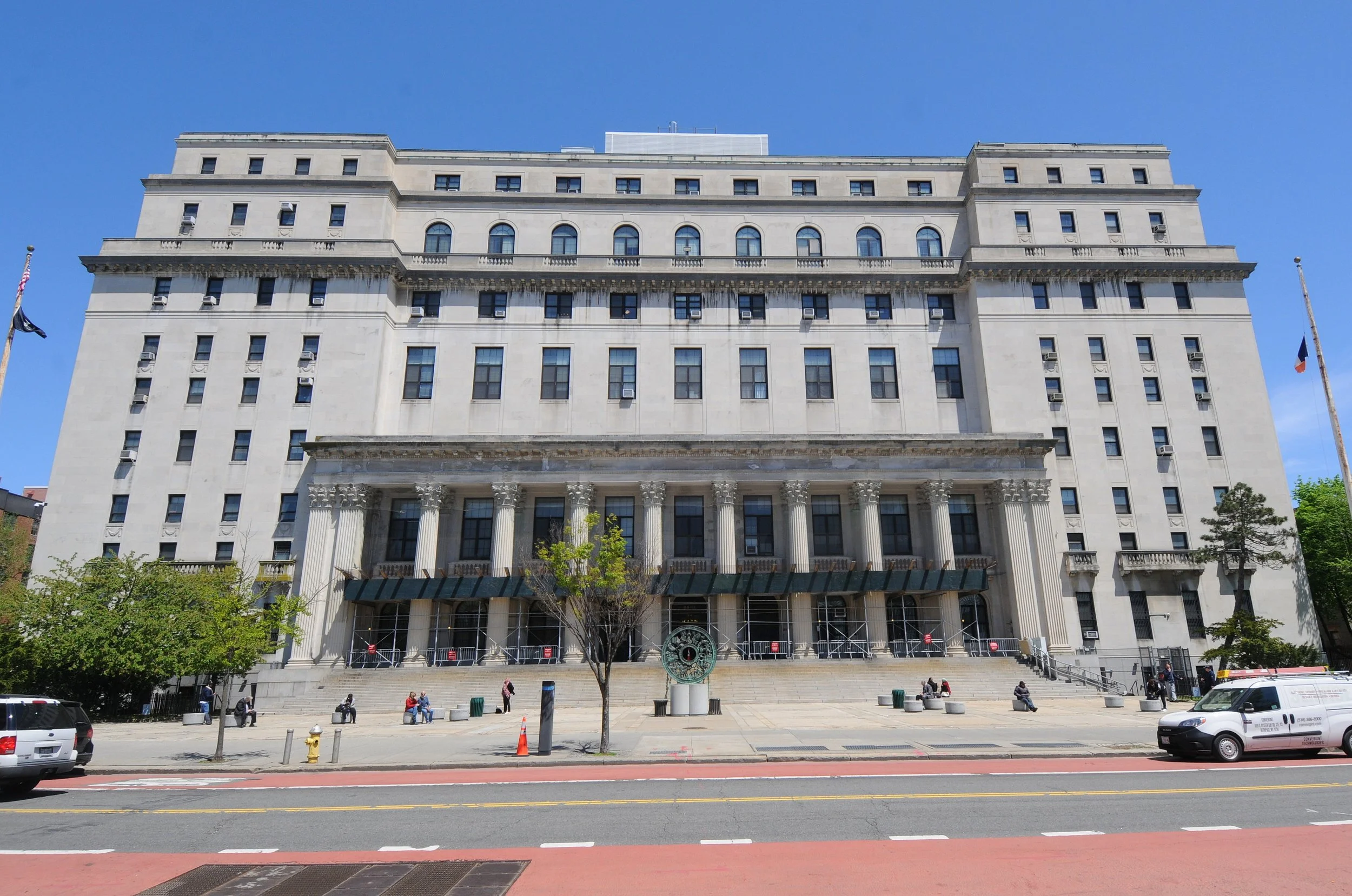Supremely confusing: Pol pitches plan to change court names
/A state senator last week introduced a bill that aims to change the names of New York’s courts, which is a cause of confusion for some New Yorkers. File photo by Walter Karling
By Jacob Kaye
Forget the complex legalese, the endless case citations and the general courtroom culture – the names of New York’s courts are confusing enough.
At least, that’s what a state lawmaker says.
State Senator James Skoufis, a Hudson Valley lawmaker who was raised in Queens, introduced a bill last week that he believes will clear up some confusion about New York’s halls of justice.
All too often, Skoufis says, New Yorkers mistakenly believe the state’s Supreme Courts, where trials are held, are its top courts – an understandable mistake given the name of the country’s top court, the U.S. Supreme Court.
Instead, the New York State Court of Appeals – not to be confused with the Appellate Division or the Appellate Term – is the state’s highest court.
But now, Skoufis says he wants to make the names more streamlined.
A new bill from Skoufis would change the name of New York Supreme Court to Superior Court and the Court of Appeals to the Supreme Court.
“Due to the prominence of the Supreme Court of the United States, many residents in New York State falsely believe that the Supreme Court of the State of New York is the highest court in the Unified Court System of the State of New York,” the text of the bill reads. “While a seemingly inconsequential discrepancy, this causes misrepresentation and confusion in the general populace when high profile cases are decided in the Supreme Court, leading many to believe that a case has finality.”
In order to make the name changes, the legislature would have to pass a constitutional amendment, which is no small feat.
First, the state legislature would have to pass Skoufis’ bill twice. Then, New Yorkers would have to approve the measure in a statewide referendum.
The bill passed its first step in the legislative process last week. The Senate’s Judiciary Committee advanced the bill to the Senate with a 9-6 vote, with four senators abstaining.
Among those who voted against the bill was Queens State Senator Jessica Ramos.
A spokesperson for Ramos said that the Queens lawmaker has several reasons for opposing the bill.
To start, Ramos believes it would actually just create more confusion about which courts are named what if passed into law.
Additionally, the costs associated with it could be high. The court system would have to change a number of its printed documents, and signage throughout the state would also have to be changed. Textbooks would also have to be reprinted, which could come at a cost to students in college, graduate or law school.
Lastly, Ramos said there are other, more pressing issues the Senate should be dealing with in the waning days of its legislative session, which ends June 6.




